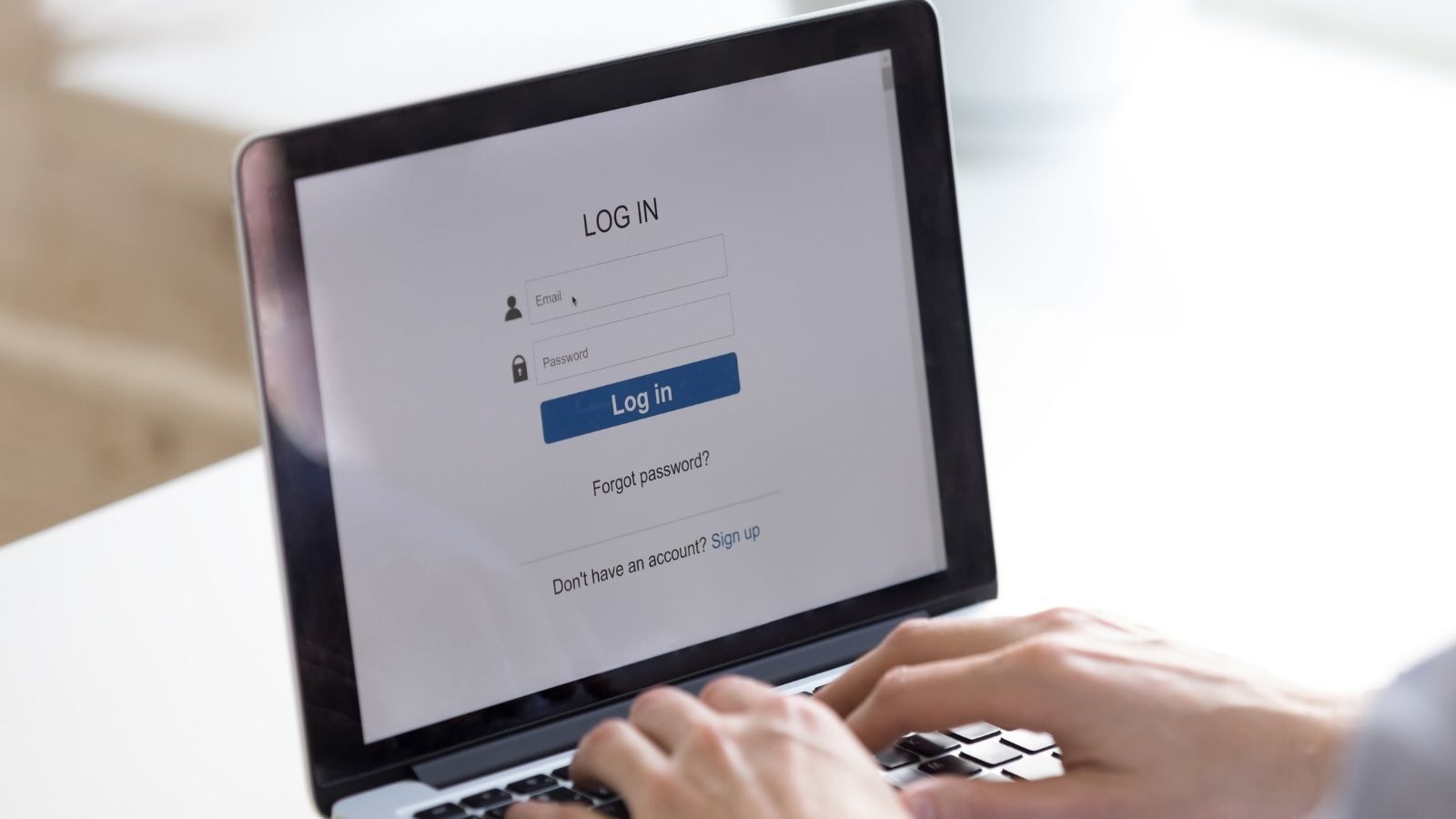If you’re a business owner who isn’t a website expert, you might wonder: “Who’s visiting my website, and why does it matter?”
Let’s break down how you can find out, using simple language and practical tips to help your business get found online.
Why Knowing Your Website Visitors Matters
Understanding your website traffic isn’t just for techies. It’s about getting to know your potential customers, so you can turn more visitors into paying clients.
When you know where your visitors come from, what they’re interested in, and how they interact with your site, you can:
- Improve your marketing strategy
- Make your website more user-friendly
- Increase your sales and leads
- Spend your advertising budget more wisely
Think of website analytics as your digital “customer counter.” It’s like having a tool that tells you how people found your business, what pages they liked, and where they left.
This information is gold for small business owners who want to grow.
What Can You Learn About Your Website Audience?
Website analytics tools, like Google Analytics, help you answer questions such as:
Where are my visitors located? (city, state, or country)
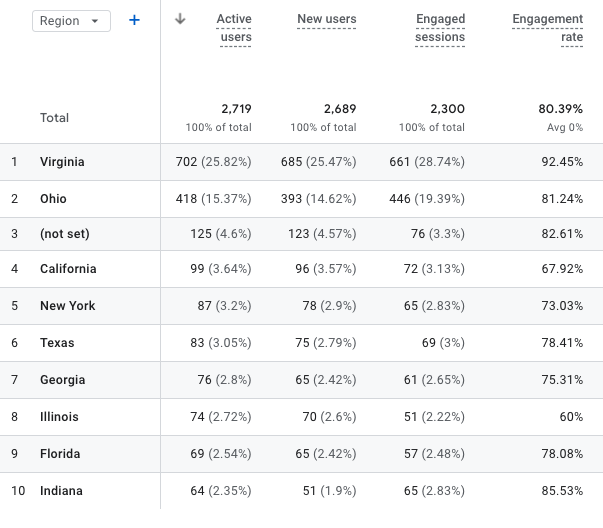
Are they new or returning customers?
What devices are they using? (mobile, desktop, tablet)
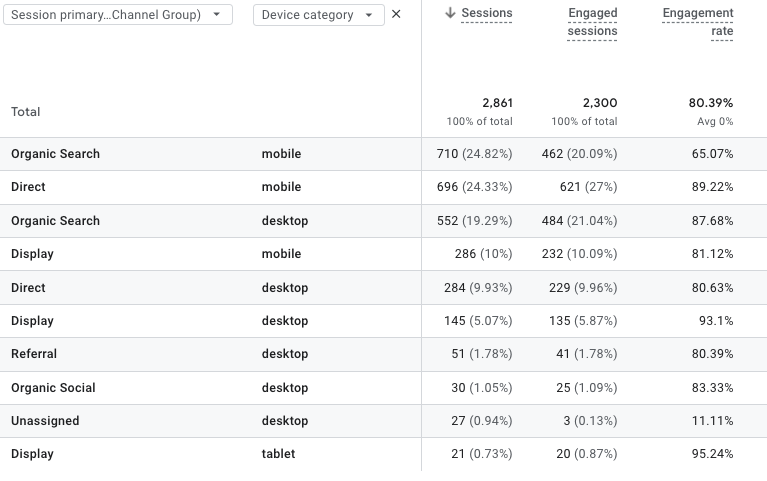
Which pages are most popular?
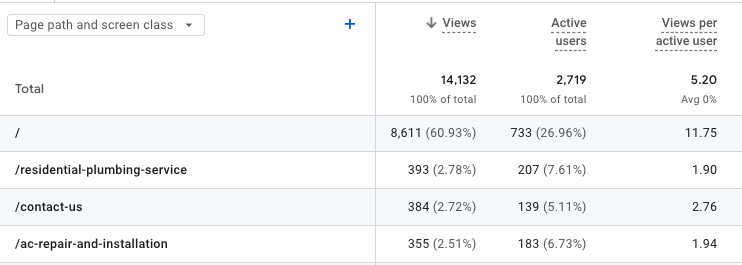
How long do people stay on my site?

What actions do they take? (calls, form submissions, purchases)


You can spot trends and make smarter decisions by looking at these details. For example, if you notice most visitors are from your local area, you can focus your marketing on that region.
If a certain page keeps people engaged, you might want to create more content like it.
How to Start: Setting Up Google Analytics
You don’t need to be a web developer to get started. Here’s how most business owners can set up website tracking:
- Create a Google Analytics account (it’s free).
- Add your website as a “property.”
- Install the tracking code on your site.
- Check your dashboard to see your website data.
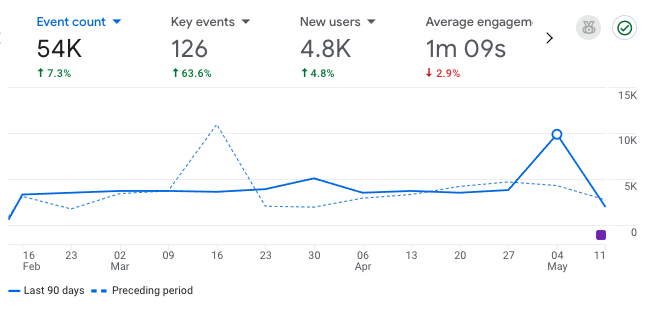
If this sounds overwhelming, don’t worry. Analytics That Profit can set this up for you quickly and correctly.
Key Website Metrics Every Business Owner Should Know
Here are some important numbers and related terms to watch:
| Metric | What It Tells You | Why It Matters |
|---|---|---|
| Users/Visitors | How many people visit your site | Shows your reach and growth |
| Sessions | Total visits (one person can have multiple) | Measures engagement |
| Bounce Rate | % who leave after one page | A high rate may mean your content isn’t relevant or your site is hard to use |
| Traffic Sources | How people found you (Google, social, direct) | Helps you focus your marketing efforts |
| New vs. Returning | First-time vs. repeat visitors | Indicates loyalty and content quality |
| Average Session Duration | How long do people stay | Longer time usually means more interest |
| Conversion Rate | % who take action (call, buy, sign up) | The ultimate measure of website success: Using Analytics to Grow Your Business |
Once you know what’s happening on your website, you can take action:
Improve your content: If certain blog posts or service pages get lots of views, create more like them.
Fix problem areas: If people leave quickly (high bounce rate = Low Engagement), check if your site loads slowly or your message is unclear.
Target your marketing: If most visitors come from Facebook, focus your ads there. If they come from Google, invest in SEO and local search.
Track phone calls and forms: Set up “events” in Google Analytics to see when people click your phone number or fill out a contact form.
Tips for Accurate, Useful Data
Filter out your own visits: Exclude your business’s IP address so your team doesn’t skew the numbers.
Check your analytics regularly: Set aside time each month to review your website stats.
Set clear goals: Decide what you want your website to do (e.g., get calls, book appointments, sell products), and measure progress.
What Are LSI Keywords and Why Should You Care?
LSI keywords (Latent Semantic Indexing keywords) are simply words and phrases related to your main topic. For example, if you run a bakery, LSI keywords might include “fresh bread,” “wedding cakes,” “local bakery,” or “order pastries online.”
Using these related terms naturally in your website content helps search engines (like Google) understand your business and match you with more potential customers.
How to use LSI keywords:
- Write about your services and products using different but related words.
- Answer common questions your customers ask.
- Include location-based terms if you serve a local area.
This approach helps your website show up in more searches and makes your content easier for real people to read.
Final Thoughts: Make Website Analytics Work for You
You don’t need to be a tech expert to benefit from website analytics.
By understanding who visits your site and how they interact with your business online, you can make smarter decisions, attract more customers, and grow your business.
Contact Analytics That Profit if you need help setting up analytics, understanding your website data, or using LSI keywords to boost your online presence.
We’re here to help you turn website visitors into loyal customers, without the jargon or confusion.


